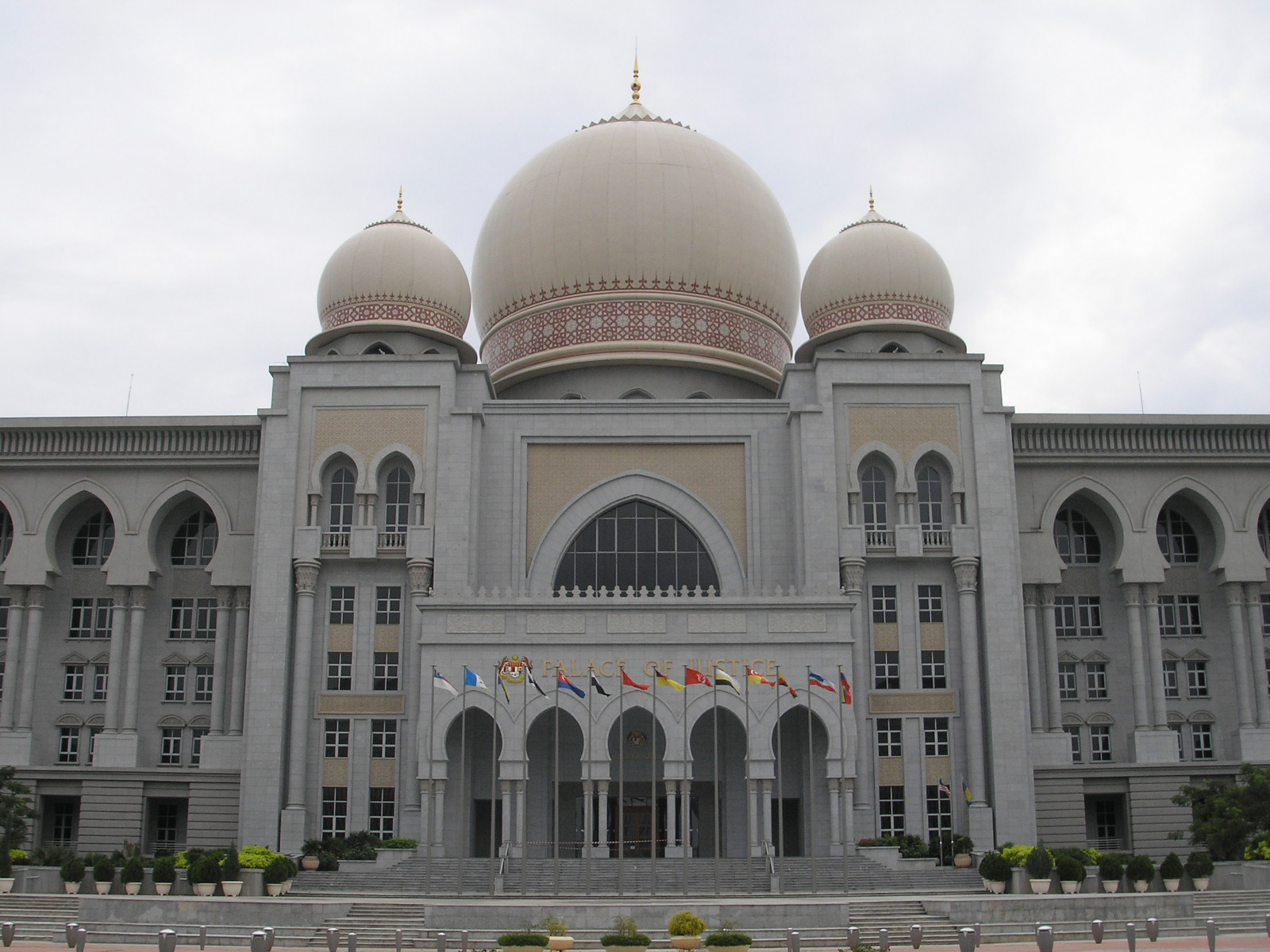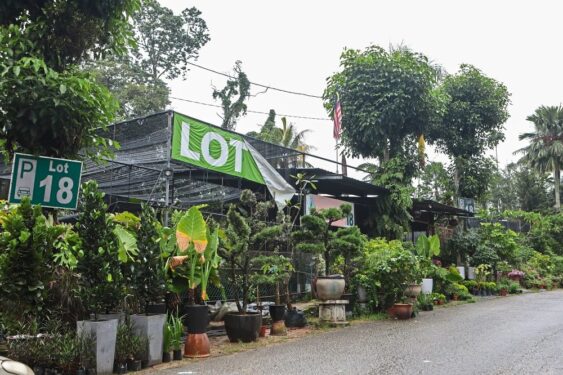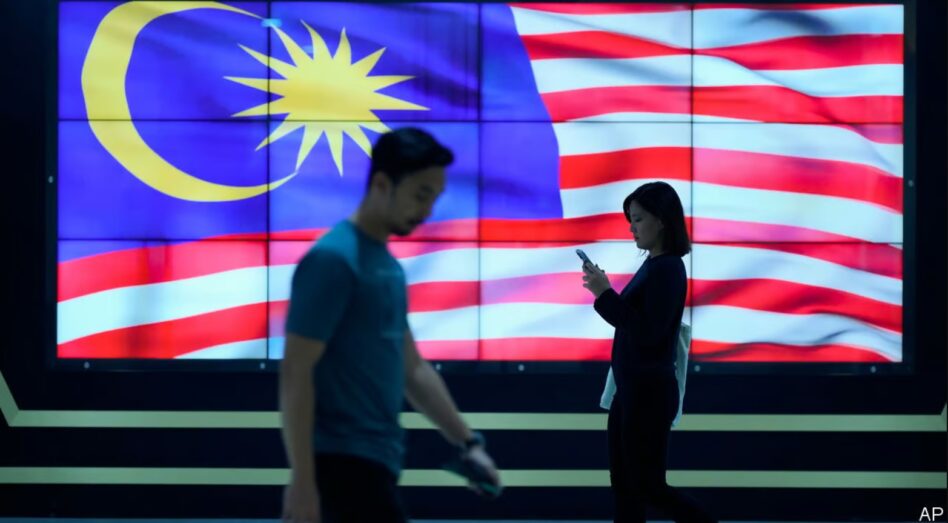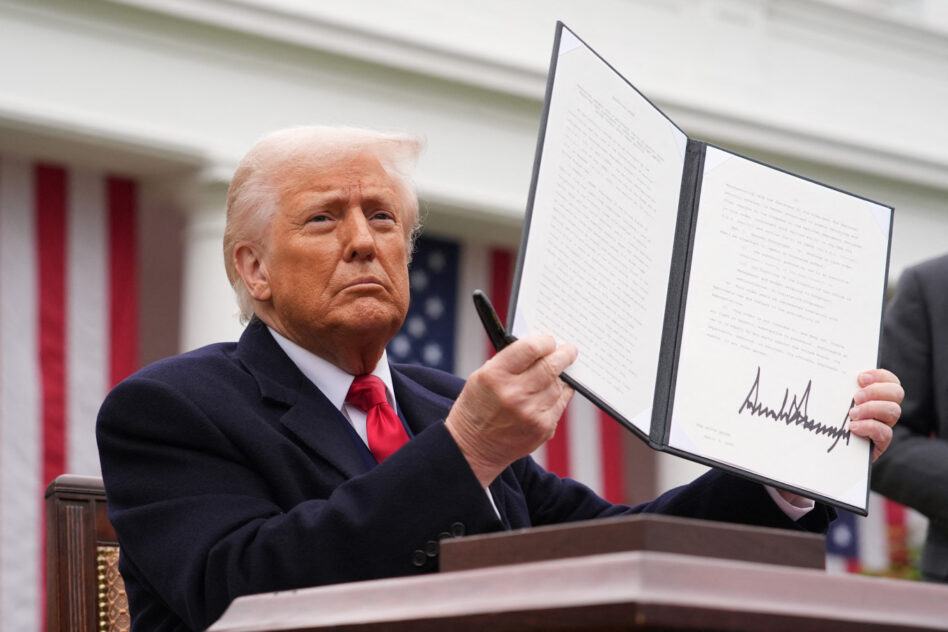ON July 1, Malaysia’s Federal Court issued a landmark decision that may signal a democratic turning point—not just for Malaysia, but potentially for the wider Southeast Asian region.
The court declared that Section 9(5) of the Peaceful Assembly Act 2012 is unconstitutional. This provision had long served as the basis for criminalising individuals who held peaceful protests without giving police the mandatory five-day notice.
The challenge was brought by Amir Hariri Abdul Hadi, a human rights activist convicted for leading peaceful protests under the #TangkapAzamBaki campaign and against the controversial Littoral Combat Ship (#ManaKapalLCS) project.
He refused to comply with a rule he saw as an unreasonable restriction on the right to peaceful assembly.
The court agreed. It ruled that the constitutional right to assemble, as guaranteed under Article 10(1)(b) of the Federal Constitution, cannot be curtailed by disproportionate administrative requirements.
This is not a case about technical notice procedures. It is about a core democratic question: can the state criminalise citizens for failing to notify authorities before exercising a basic constitutional right?
The Federal Court’s answer was clear: it cannot. The right to peaceful assembly is a pillar of any functioning democracy. A democracy cannot survive without free and open public spaces.
Moreover, the court found that Section 9(5) violates the principle of legal equality under Article 8(1) of the Constitution. Citizens must not be treated unequally simply for choosing peaceful protest as a form of political participation.
A moment for broader reform
This ruling is more than a domestic legal victory. It signals that Malaysia may be moving toward a more open and accountable governance model.
Across Southeast Asia, civic space has come under increasing strain. Indonesia’s controversial Electronic Information and Transactions (ITE) Law, Singapore’s hate speech laws, Thailand’s Emergency Decree, and various protest restrictions in the Philippines and Vietnam are frequently used to suppress dissent.
Young activists are being arrested for criticising government policies, defending the environment, or standing up for marginalised communities.
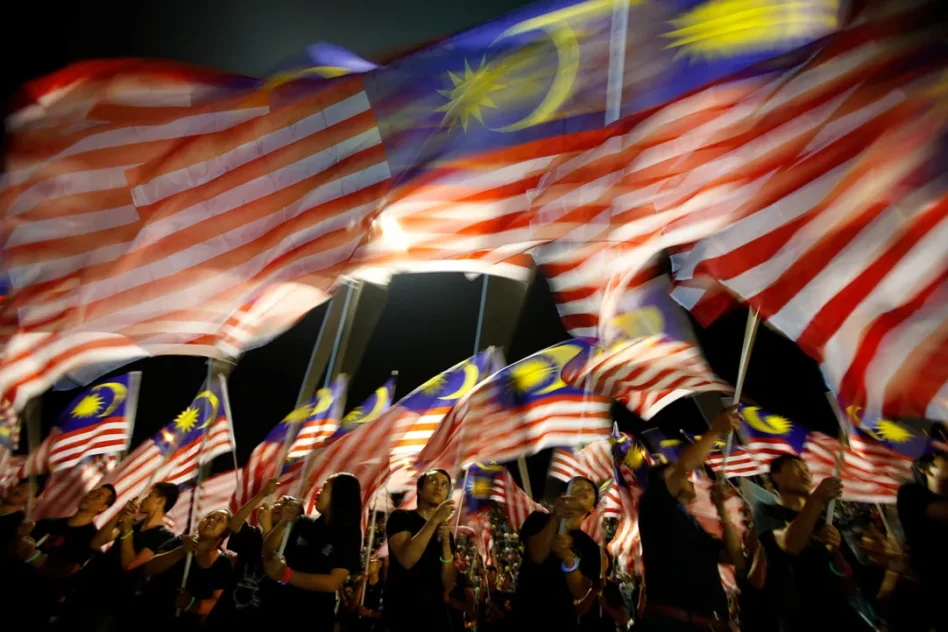
Yet resistance continues. Hope persists.
In Indonesia, the Constitutional Court recently struck down Articles 14 and 15 of Law No. 1 of 1946, provisions long used to criminalise the spread of “false information”—often weaponised against activists and critics.
The challenge was filed by prominent rights defenders Haris Azhar and Fatia Maulidiyanti, both of whom had been targeted under these laws.
While these Articles were not directly related to protests, their removal has resulted in the release of several individuals unjustly prosecuted for expressing dissent.
Here, we must remember the core principle of “limiting without violating”—known in human rights law as the margin of appreciation.
States may impose restrictions on expression and assembly in exceptional circumstances, but such restrictions must be lawful, necessary, proportionate, and aimed at legitimate public interests.
When restrictions turn into punishment for peaceful expression, the state crosses the line from rule of law to authoritarianism.
Lessons for Southeast Asia
For neighbouring countries—especially Indonesia—this Malaysian ruling is not just a legal headline. It is both a mirror and a warning.
In Indonesia, peaceful protests are still met with repression. Criticism is silenced in the name of order. Administrative procedures are misused to shut down public voices. This is not the behaviour of a healthy democracy. This is a democracy under restraint.
Too often, we are told that order matters more than freedom. But perhaps we should flip the question: what is the point of order if citizens cannot speak? What value does the law hold if it only serves those in power?
Democracy without public space is hollow. A state that fears peaceful protest is a state that fears its own people.
Malaysia’s Federal Court has delivered a strong message: the right to assemble is not a threat to be subdued, but the very breath of democratic life. Law should never be used as a weapon—it should be the fence that protects freedom.
In a region where authoritarian shadows are slowly creeping in, this ruling offers a spark of hope. But it will only grow if nurtured—by the people, by movements, and by cross-border solidarity.
Now is the time for young Southeast Asians to unite—not only to resist within their national borders, but to build solidarity across them. Democracy is not just a legal matter. It is a matter of courage—the courage to speak, even when silenced. ‒ July 9, 2025
Delpedro Marhaen is the executive director of Lokataru, a human rights organisation based in Indonesia.
The views expressed are solely of the author and do not necessarily reflect those of Focus Malaysia.
Main image: Wikimedia Commons/Gryffindor


